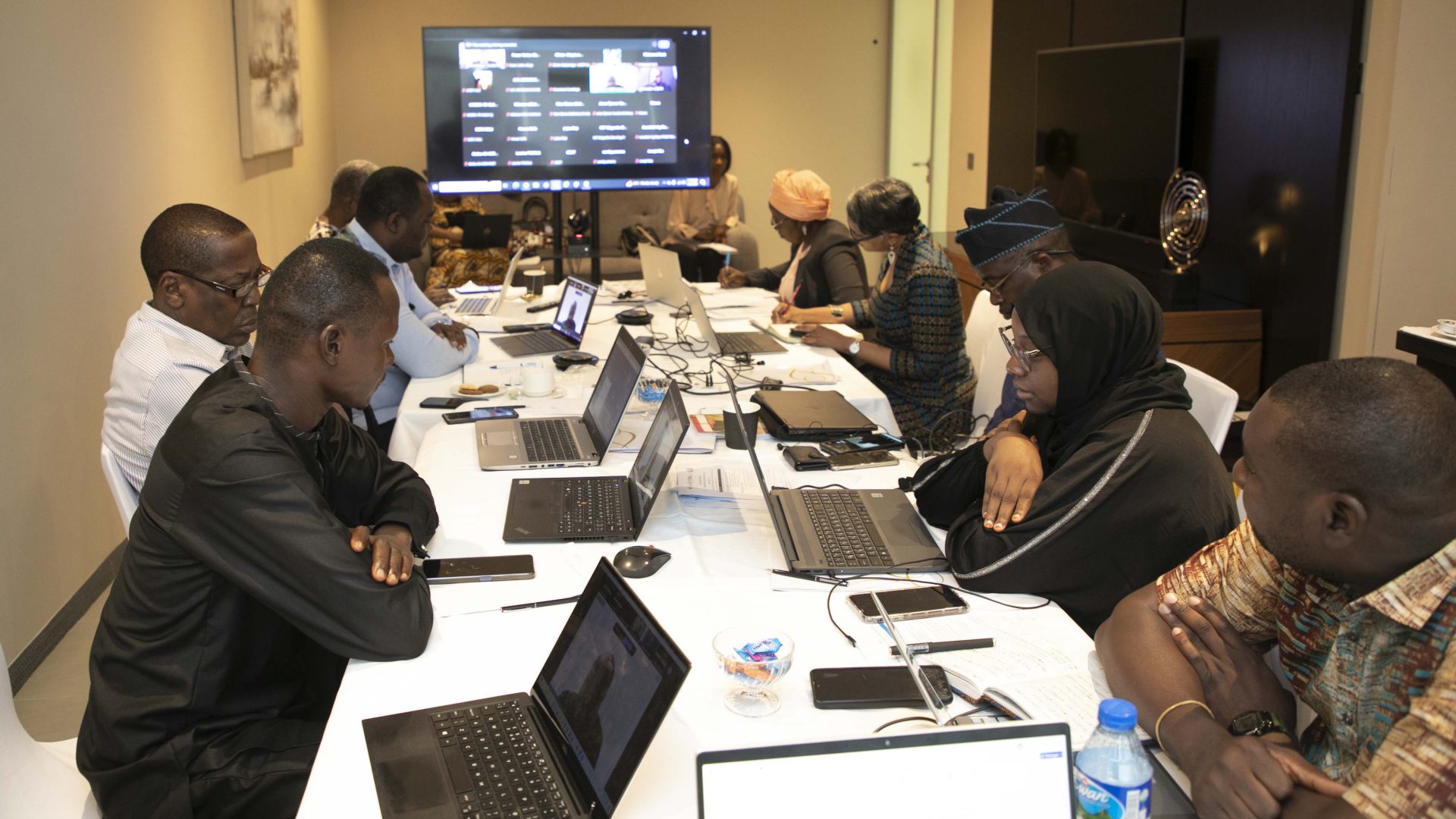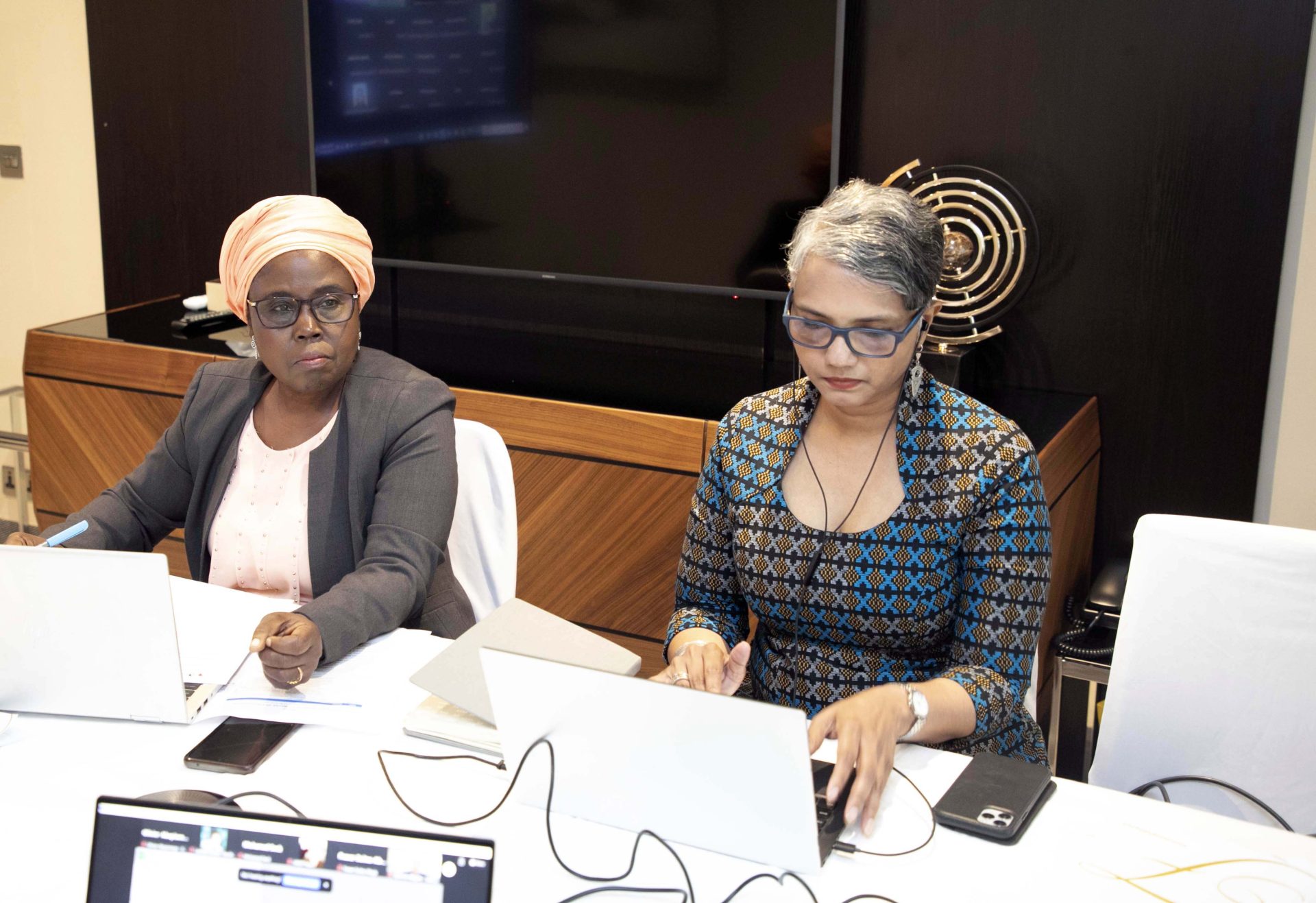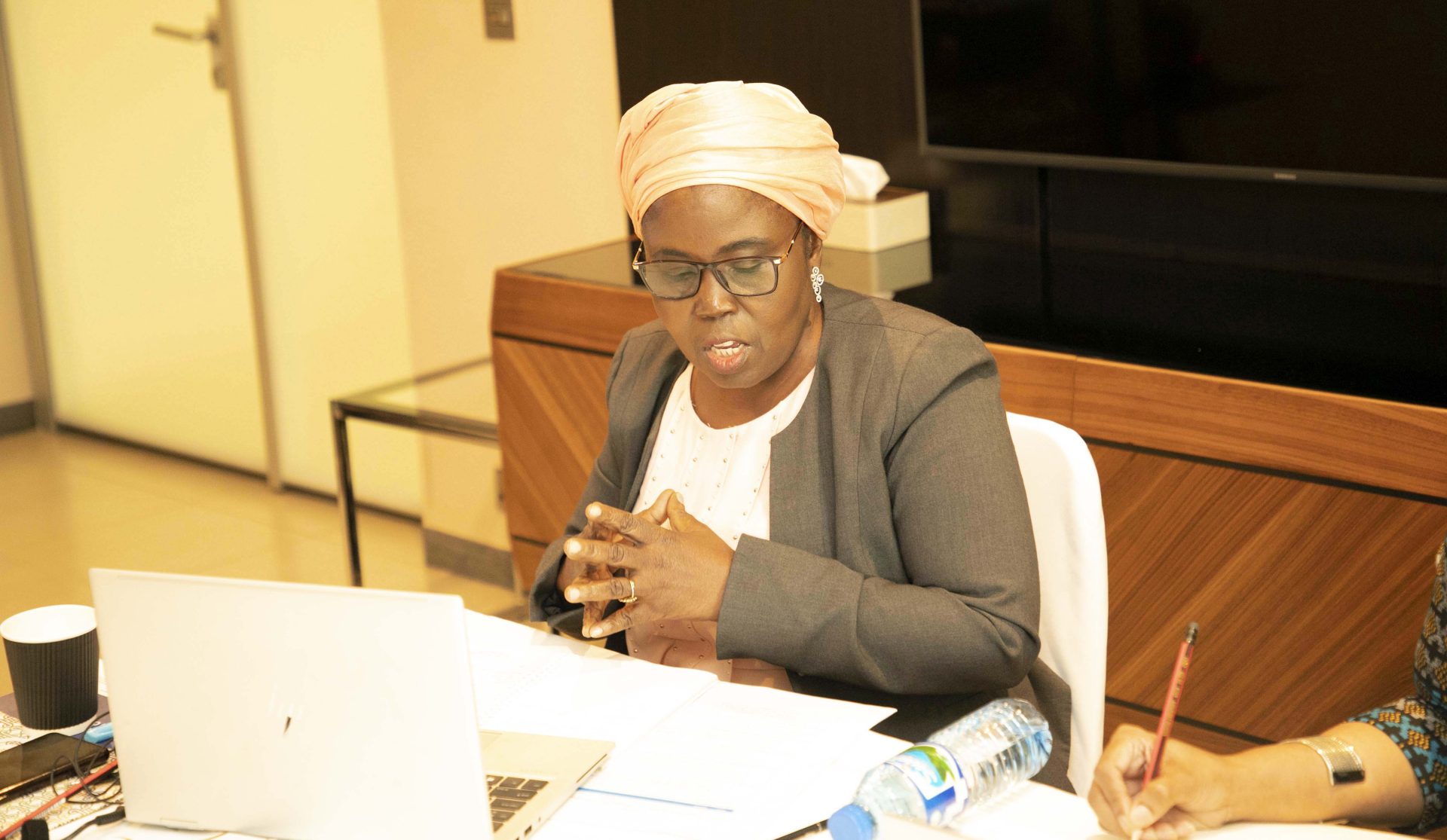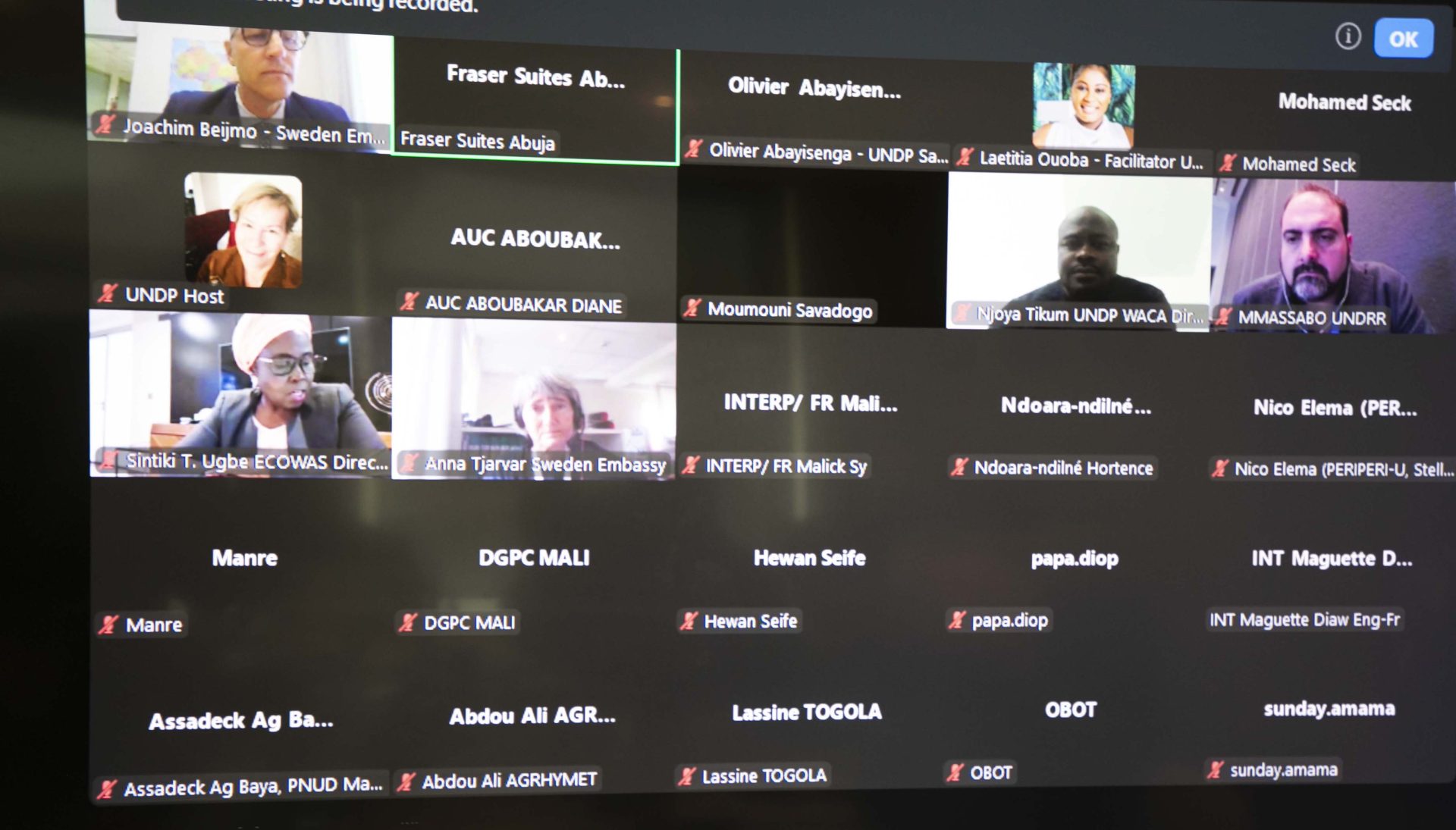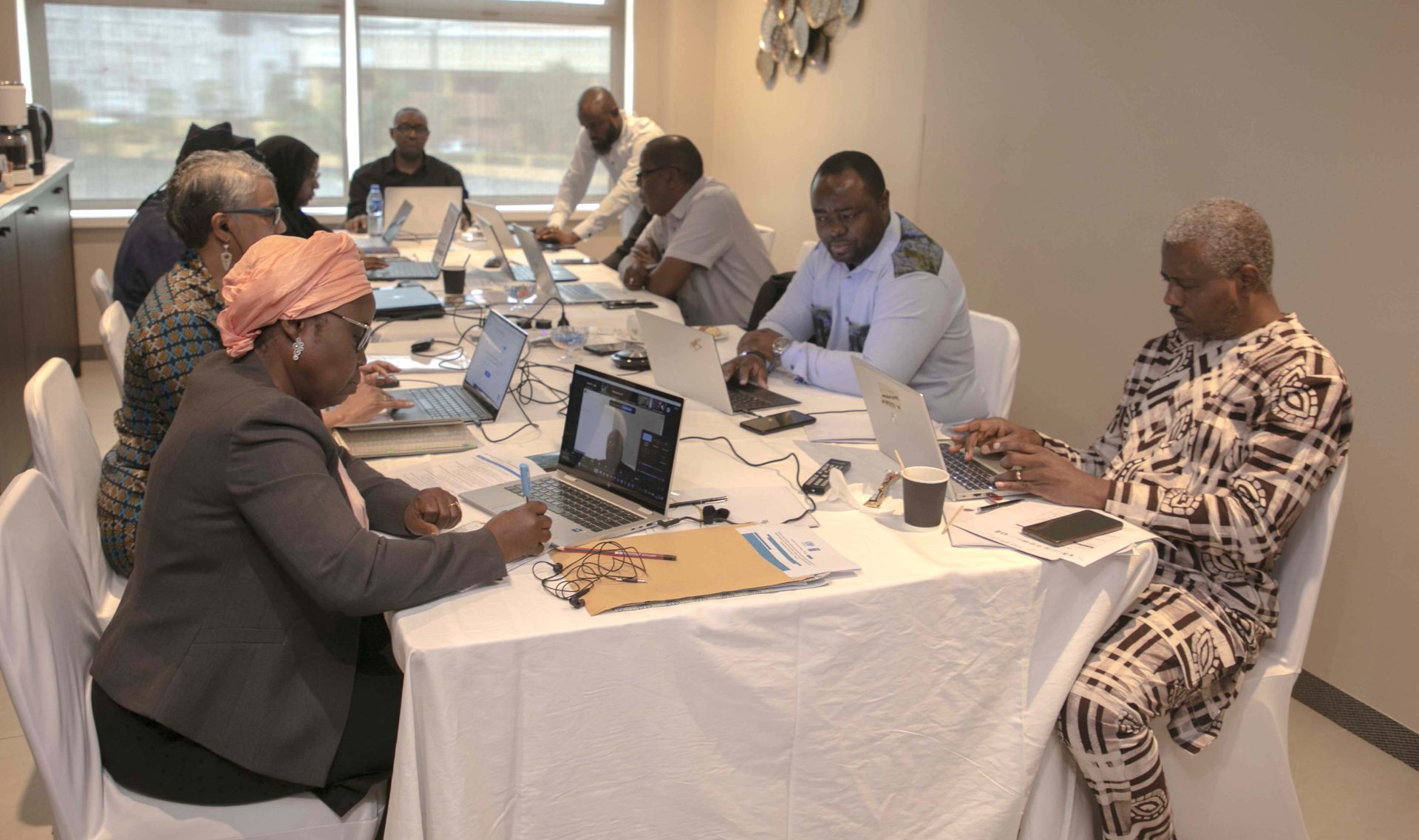Sahel Resilience Project Board Meeting: Review of Progress and Update on Implementation Activities on the Agenda
26 Jul, 2024The Sahel Resilience Project is holding its board meeting, in virtual and in-person mode, on 25 July 2024 in Abuja, Nigeria, following a technical meeting of experts held on 24 July 2024. The purpose of these meetings is to assess the project’s progress, discuss the level of implementation of activities and take appropriate decisions.
Also on the agenda for the meeting are a review of programme priorities and the financial situation, as well as discussions on communication efforts, partnership building and resource mobilisation.
The project covers seven (7) countries: Burkina Faso, Chad, Mali, Mauritania, Niger, Nigeria and Senegal. Five (5) of these seven (7) countries are members of ECOWAS, one is from the Economic Community of Central African States (ECCAS) and one is from the Arab Maghreb Union (AMU).
At the opening session of the meeting, Dr Sintiki Tarfa Ugbe, Director of Humanitarian and Social Affairs at the ECOWAS Commission, stressed in her speech that the Sahel Resilience Project is making a major contribution to the fight against the challenges facing the region, which include youth under-employment, food insecurity, terrorism and armed attacks, political transitions, protracted conflicts, etc. “ECOWAS will remain committed to working with its Member States to ensure the success of the project, which is innovative in its multi-sectoral approach, leaving it up to each country to carry out its activities in synergy with the others involved in the project” declared Dr Sintiki T. Ugbe.
Other speeches were made at the opening ceremony, including one by Mr Njoya Tikum of the United Nations Development Programme (UNDP). In his speech, Mr Tikum outlined the UNDP’s activities in the region to combat the effects of climate change in the Sahel and reiterated his organisation’s commitment, alongside ECOWAS and its partners, to strengthening the resilience of the region’s citizens.
Mr Joachim Bejimo, from the Swedish Embassy in Addis Ababa, Ethiopia, praised the successes achieved by the project, particularly in collecting and processing national and regional data on damage and losses caused by disasters and improving the capacity of governments and regional economic communities (RECs) to monitor progress and draw up reports in accordance with the Sendai Framework and the African Union’s Programme of Action.
Finally, for Mr Aboubakar DIANÉ, an expert from the African Union Commission, the Sahel Resilience Project is an excellent initiative for laying the foundations of a resilient Sahel through sustainable development that takes account of risks.
The Sahel Resilience Project was born out of the realisation that the Western Sahel and the Lake Chad Basin – a region rich in natural resources, undergoing rapid urbanisation and home to some of the world’s youngest populations – face multiple challenges. The complex interplay of insecurity, political instability, climate change, disasters, infrastructure deficiencies, poorly functioning markets, economic inequality, violent extremism, vulnerability to global crises and poverty exacerbate communities’ exposure and vulnerability to shocks and stresses.
The overall objective of the project is to build policy and institutional capacity at regional and national levels to understand the multi-dimensional risks facing the region, and to design mechanisms that anticipate and respond to these challenges, while integrating risk reduction into development planning and investment decisions, in order to promote risk-informed development for risk-informed sustainable development.
The meetings bring together representatives of national governments, project committees and implementing partners including the African Union Commission, ECOWAS Commission, UNDP, UNDRR, UN-Habitat, UN Women and national governments of the countries involved in the project.



